Contemporary (1950 CE - Present)
Primer: Transnational Mobility and State Formation
Modern nation-states and transnational mobility – the movement of people, things, and ideas across borders – are two important subjects for historians to study. They are two fundamental features of the modern world and have influenced one another constantly over the last several centuries.
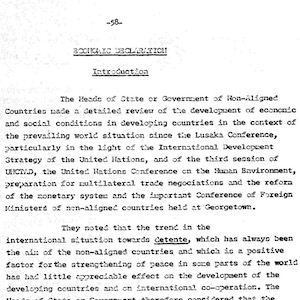
Economic Declaration of Nonaligned Countries
This document is part of the economic declaration of the Fourth Nona

"The Problems of Third World Development"
The text is an excerpt from the 1974 Houari Boumédiène’s speech to t
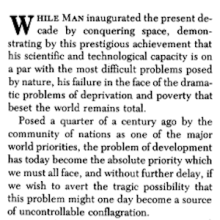
Short Teaching Module: The Nonaligned Movement and Cold War Détente
Since the early Cold War, neutral and nonaligned countries sought to
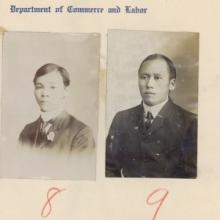
Primer: Borderlands History
Borderlands history studies the making and crossing of borders. While the term “borderlands” has no fixed definition, it can refer to spaces of encounter between different peoples and political entities.
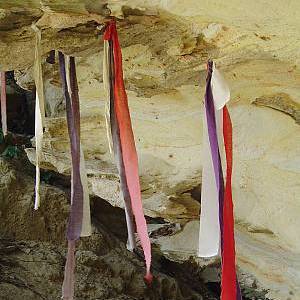
Mijikenda textiles
Words are historical ar
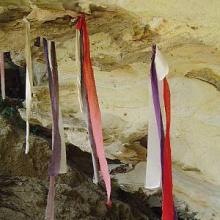
Short Teaching Module: Precolonial Kenya, a Small-Scale History
World historians like to focus on large-scale interactions between d
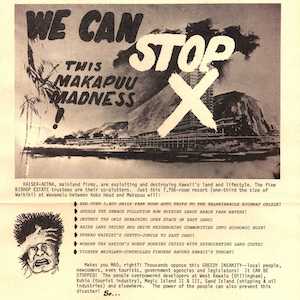
"We can stop this Makapuu madness!"
After World War II, the rise of jet travel and mass tourism brought new visitors—and new pressures—to many places within the Pacific Ocean. Hawaiʻi is a prime example of how tourism-driven development and activist responses have shaped local environments.
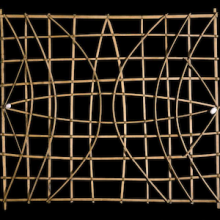
Short Teaching Module: History of the Pacific Ocean
Scholars of Pacific history explore how people build lives dependent on the ocean, how maritime connections create communities, and how humans and the environment shape each other.
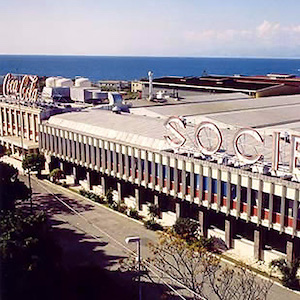
Coca Cola Overseas
Multinational corporations do no